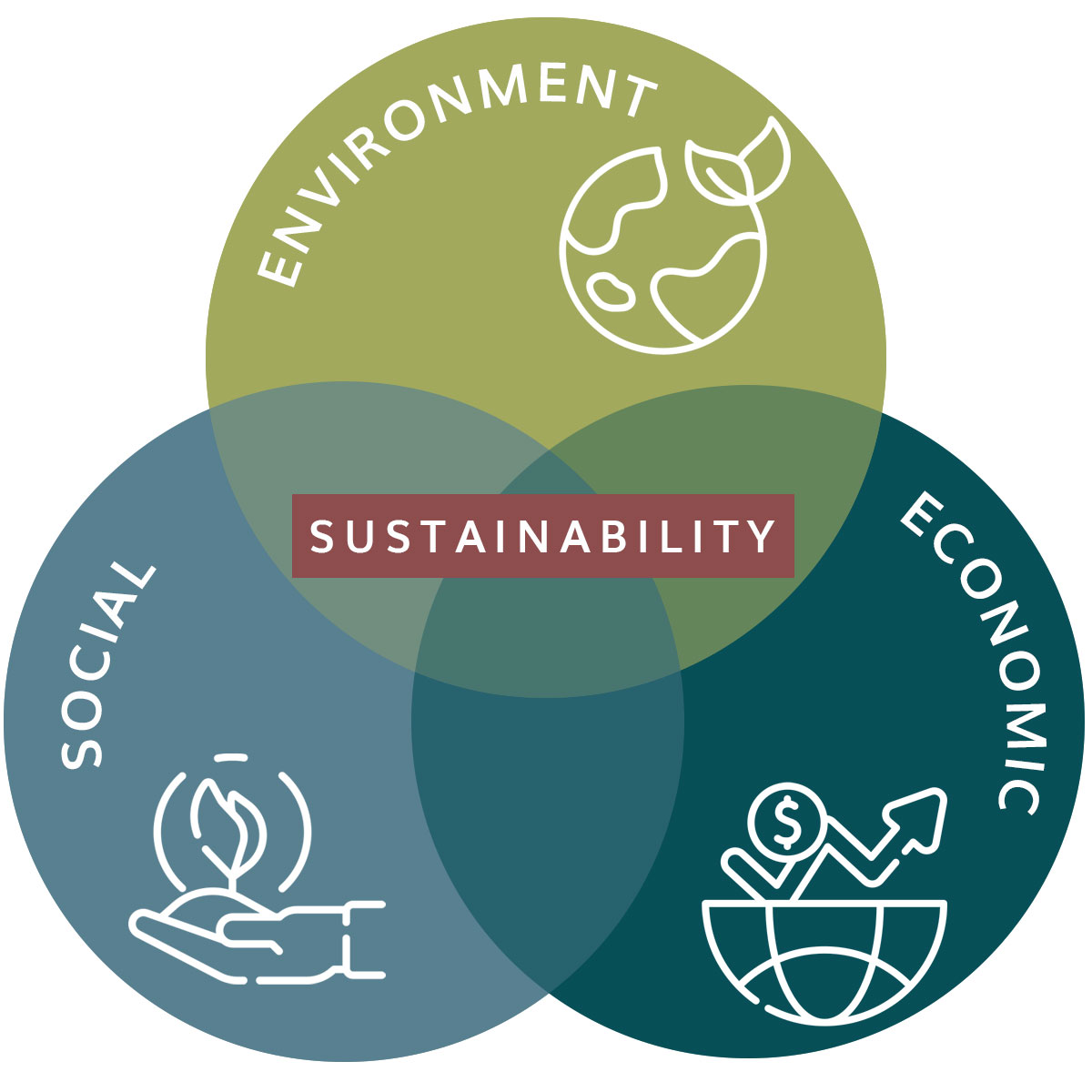By Zion Rufus
Renowned experts in the field of marketing communications have once again highlighted the essential disparity between marketing and advertising as the distinction between the two concepts become increasingly pertinent.
Urging organizations to appreciate the strategic depth that marketing entails and recognizing it as a comprehensive framework for sustainable success, these experts highlighted that marketing and advertising, although used interchangeably, are fundamentally distinct in their scope and purpose.
According to marketing thought leaders, one of the key mistakes businesses make is equating advertising with marketing and neglecting the broader strategic considerations.
This oversight, they argued, can lead to suboptimal results, as a successful advertising campaign is most effective when it is aligned with a well-structured marketing strategy.
“Businesses must first understand their target audience, develop a strong value proposition, and create a consistent brand image before diving into advertising efforts,” Timothy Orelesi, a business Consultant said, urging businesses to grasp the nuances for effective strategic implementation.
“Marketing encompasses a broad spectrum of activities aimed at promoting and selling products or services. It is a comprehensive approach that involves market research, product development, pricing strategies, branding, distribution channels, and customer relationship management,” he added
While both marketing and advertising are integral components of a successful business strategy, experts assert that understanding the contrast can significantly impact a company’s bottom line.
“The number one thing we impress upon them is that marketing is not advertising. Marketing is a broader strategic discipline built around figuring out how to drive growth and build deeper connections with customers. There’s a lot of strategic thinking involved in segmentation and value proposition,” David Edelman, Ex Chief Marketing Officer of Aetna and Senior Lecturer at Harvard Business School said in an interview.
“Our students often don’t become marketers directly; they go into banking or consulting, or private equity. A lot of them go on to do entrepreneurial things, and they are very interested in marketing because they know that’s key to the success of their business. Whatever role they’re in, they will need to understand marketing and have relationships with the people doing that work. That’s why the number one thing, as I said, is to make sure they recognize that marketing is not just about getting ads out the door,” he added.
Experts have also emphasized that while advertising might yield short-term gains, marketing fosters sustainable growth. A company that invests in a robust marketing strategy builds lasting customer relationships and fosters brand loyalty. This approach not only boosts revenue but also enhances the overall reputation and credibility of the business.
Essentially, marketing involves the entirety of a business’s efforts to identify, anticipate, and satisfy customer needs. The goal is to create long-term value and cultivate a strong brand identity that resonates with the target audience.
On the other hand, advertising is a subset of marketing that focuses specifically on the communication aspect. Advertising involves the creation and dissemination of messages through various channels to promote a product, service, or brand.
It is the public-facing component of marketing, designed to capture attention, build awareness, and stimulate interest. Unlike marketing, which encompasses a strategic, holistic view of the business, advertising concentrates on crafting persuasive messages and selecting appropriate media to deliver them.






Comment
No comments found.